Life
-
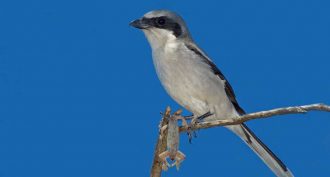 Animals
AnimalsThese songbirds can fling and shake mice to death
Loggerhead shrikes skewer small animals on barbed wire and give mice a serious shake-up.
By Susan Milius -
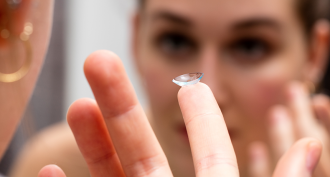 Environment
EnvironmentDon’t flush your contact lenses
One in five people who wear contact lenses flush their used eyewear down the sink or toilet. That plastic pollutes the environment and can harm wildlife.
-
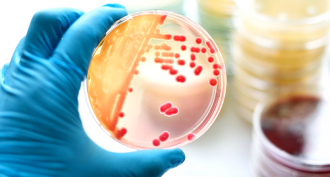 Microbes
MicrobesBacteria are all around us — and that’s okay
Scientists may have identified less than one percent of all bacteria on Earth. But there’s a reason to keep up the hunt. These microbes could help us understand and protect our planet.
-
 Chemistry
ChemistryThree take home chemistry Nobel for harnessing protein ‘evolution’
New ways to create customized proteins for use in biofuels and medicines earned three researchers the 2018 Nobel Prize in chemistry.
By Maria Temming and Laurel Hamers -
 Health & Medicine
Health & MedicineExplainer: What are proteins?
In the body, proteins act as biochemical machines to carry out the work of cells.
By Bryn Nelson and Bethany Brookshire -
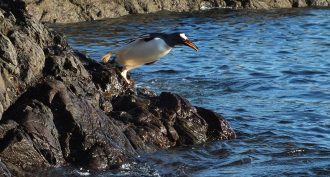 Animals
AnimalsThis penguin prey knows how to fight back
Scientists attached cameras to gentoo penguins off the Falkland Islands. The video revealed that their tiny prey can sometimes win in a fight.
-
 Health & Medicine
Health & MedicineImmune targeting of cancers wins two a 2018 Nobel Prize
Doctors used to target cancers with a scalpel, toxic chemicals and radiation. Two scientists just won a Nobel Prize for coming up with a fourth tactic: turning on the immune system.
By Tina Hesman Saey and Aimee Cunningham -
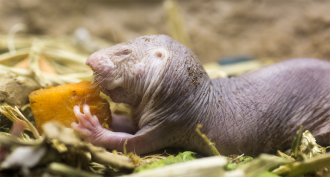 Animals
AnimalsEating queen’s poop makes naked mole rats babysit her kids
Hormones in the poop of a naked mole rat queen turns other females into babysitters for her young.
-
 Oceans
OceansNew tools aim to better predict blooms of toxic algae
Scientists across the United States are developing programs that can predict when blooms of toxic algal may occur.
-
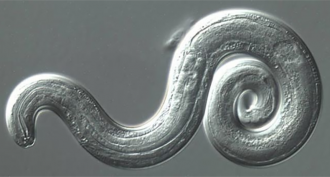 Health & Medicine
Health & MedicineParasitic worms sicken people in the mainland United States
A worm native to Asia has sickened at least 12 people in eight continental U.S. states since 2011, a new report finds.
-
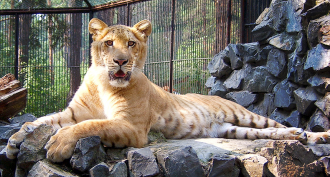 Life
LifeThe mixed-up world of hybrid animals
When animals from related species mate, they may produce hybrid offspring. These animals can display a jumble of traits, such as colors, shapes or behaviors.
By Roberta Kwok -
 Health & Medicine
Health & MedicineCrickets for breakfast?
In a small trial, levels of beneficial gut bacteria rose in young adults who ate a breakfast that included crickets every day for two weeks.